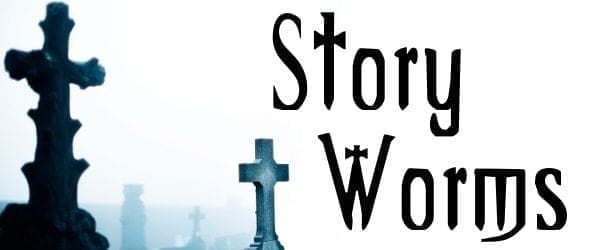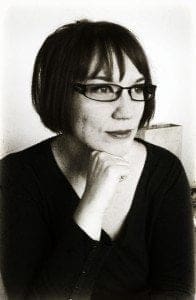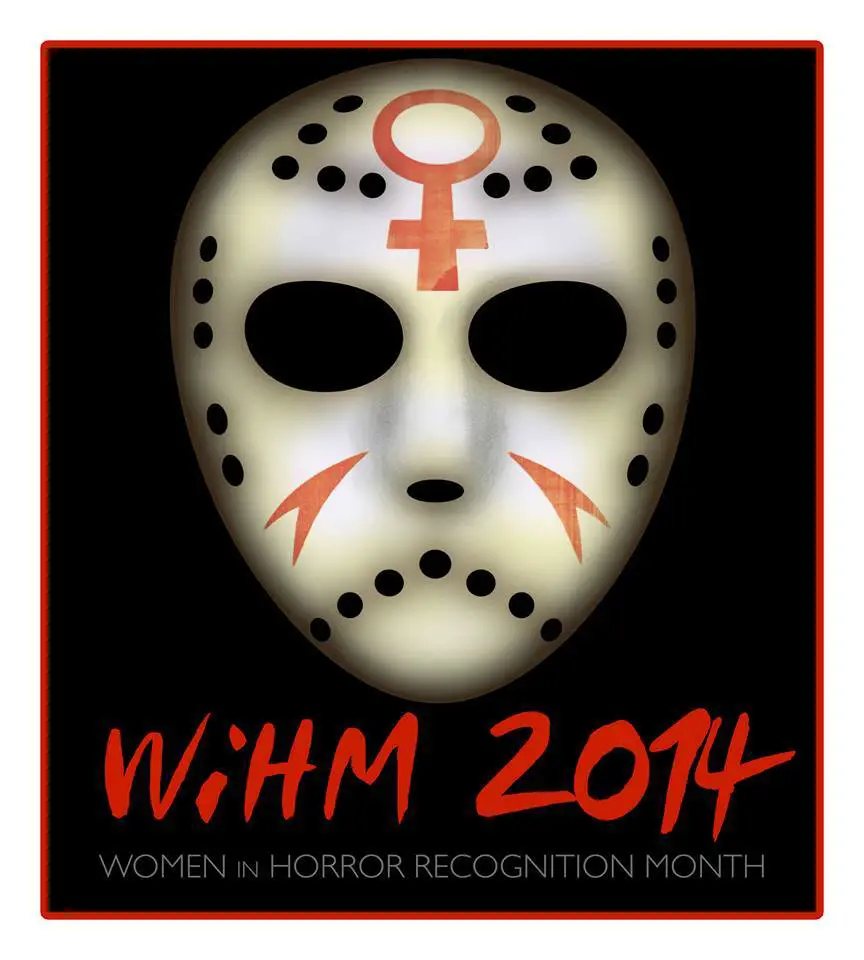Story Worms: Interview with Lova Lovén, a Women in Horror Month Special

 Women in Horror Recognition Month (WiHM) assists female genre artists in gaining opportunities, exposure, and education, working towards a vision of a world wherein all individuals are equally given the opportunity to create, share, and exploit their concept of life, pain, and freedom of expression.
Women in Horror Recognition Month (WiHM) assists female genre artists in gaining opportunities, exposure, and education, working towards a vision of a world wherein all individuals are equally given the opportunity to create, share, and exploit their concept of life, pain, and freedom of expression.
Every February, WiHM supporters host events (blood drives, film screenings, art shows), write blogs and articles, conduct interviews, and create videos and podcasts with a focus on expanding the opportunities and supporting the achievements of women involved in the most extreme storytelling genre: horror.
As a female horror writer, it is a vision I hugely support having experienced, first hand, the bias towards men in the horror genre. It is a genre in which the male is the default hero, where women are largely portrayed as little more than damsels in distress. But it isn’t just in the characters that the gender bias is seen. It is a fact that there are less women being published in the horror genre, and it is an imbalance that needs to be readdressed in the attitudes of both the publishers and the readers, as well as amongst the writing community itself.
As part of WiHM, I have interviewed fellow female horror writer, Lova Lovén. Lova is a Swedish writer with a background in Gender Studies. Her short stories, including ‘Under Hennes Hud’ (‘Beneath Her Skin’) and ‘Dead Woman’ among others, have been published in Swedish anthologies. She is currently living and writing in Amsterdam. You can visit her website at lovaloven.com
How did you first become interested in horror, and what led you to write in that genre?
My mother loves horror, and when I was about nine years old I remember complaining about the lack of books in the school library. She put Stephen King’s ‘IT’ in my hands, and kept supplying me with horror books (and movies) as I grew up. I remember falling asleep to the haunting music of Clive Barker’s ‘Nightbreed’, which incidentally was the first movie to underline what I as a child had long suspected: that monsters were not necessarily bad. Before then I had already spent some time wading through all the horror stories for kids, and wondered if there was anything scarier lurking under the bed (there was, and it came in the form of a clown with sharp teeth).
Filling up school notebooks with poorly illustrated stories was a favorite pastime for a long time. Back then I didn’t realize what I was actually doing and it took years – and several different paths – before I found that I had it right all along.
I write horror because I have a lot of fear, and because I take comfort in strange company. Stories want to be told, characters want to be heard and monsters want to come out and play.
How do people react when you tell them that you write horror?
Disinterested disbelief? Something like that. Often followed by a nervous laughter. I feel like I immediately get pigeonholed as a weirdo (footnote: possibly dangerous). I don’t mind, it’s a pretty good indication whether they are potential readers or not. I have never met a horror fan who looked at me strangely for writing horror.
That being said, I have picked up a note of hesitation: ‘you’re a girl and write horror? That’s… interesting.’ As if I am expected to explain myself. I doubt this is a unique experience. Many female horror writers get that reaction, I suspect. Is it that women are not supposed to wade through blood and gore (unless they’re in labour), venture into dark places (unless it’s a 60% off shoe sale) or destroy mankind (unless it’s that time of the month)? I can’t say. However, I can say that people in general will pin you as either female or male, and the labels come with a truckload of expectations and assumptions that brand you before you even open your mouth. Consider which cardboard gender stereotype is expected to tell the gruesome horror stories – and which one is not.
Why do you think that horror is such a male-dominated genre?
It’s an interesting question, one that I can’t give a short answer to. It deserves an essay at the very least, but I’ll give speculations a go. Despite the fact that the founder of the horror genre is a woman (I will assume that everyone reading this have also read Mary Shelley’s ‘Frankenstein’.), writing in itself was not generally accepted for women during that time. By the time more and more women began to write, horror books went hand in hand with horror movies. And as much as I love horror movies, that genre has practically uninvited women as a group for many years. Yes, once in a blue moon you get a female character like Ellen Ripley in Alien, but more often you get hysterical teenage girls who die gruesome deaths if they happen to enjoy their lady-parts. And how many female writers want to join an industry that can’t handle women unless they’re virgins or victims? These are just speculations, but I think it’s safe to say that the horror genre historically has done little to invite women as readers and writers.
The horror market in Sweden is so small compared to the American one – it is still in the making. We don’t have a great number of horror writers as it is, but it’s growing and female writers are part of it.
How do you think women can readdress this balance?
Well, first of all let’s include everybody. Editors (female and male) can be aware of the gender structures in society that colour the horror market. The horror genre is not created in a vacuum – and neither are the editors, the writers, the readers or the stories.
But what can we do as female horror writers? Write. Submit. Rinse and repeat.
But be aware that we are holding up a mirror with our stories. They have impact. So, take a long hard look at your own work. Do you reproduce idiotic stereotypes? Are all your victims women? And so on. Get out of your comfort zone and write the stories that will invite the next generation to the horror genre.












